Church of England General Synod to vote on women bishops: The key facts you need to know ahead of today’s crucial church decision
The Archbishop of Canterbury has said he is confident ‘the votes are there’ – but what would it mean for the church?
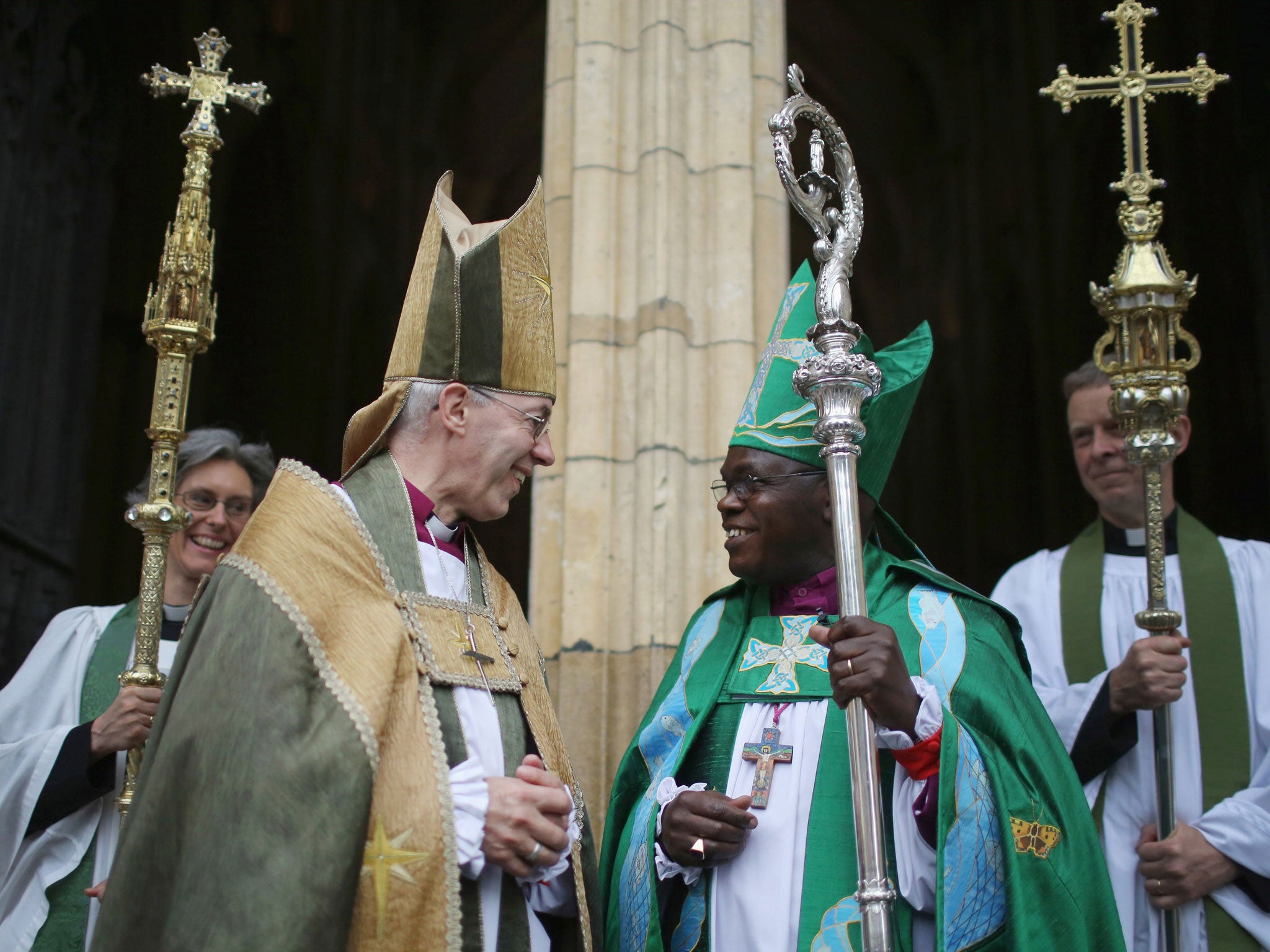
Your support helps us to tell the story
From reproductive rights to climate change to Big Tech, The Independent is on the ground when the story is developing. Whether it's investigating the financials of Elon Musk's pro-Trump PAC or producing our latest documentary, 'The A Word', which shines a light on the American women fighting for reproductive rights, we know how important it is to parse out the facts from the messaging.
At such a critical moment in US history, we need reporters on the ground. Your donation allows us to keep sending journalists to speak to both sides of the story.
The Independent is trusted by Americans across the entire political spectrum. And unlike many other quality news outlets, we choose not to lock Americans out of our reporting and analysis with paywalls. We believe quality journalism should be available to everyone, paid for by those who can afford it.
Your support makes all the difference.The Church of England will today vote on whether or not it will back the introduction of women bishops, in legislation which the Archbishop of Canterbury has said could see its first appointment within months.
The Reverend Justin Welby seems very confident that “the votes are there” to see the women bishops bill pushed through – but he is not the one making the decision.
Instead, the issue will be put to the almost 500 bishops, clergy and representatives of those who simply attend church – the laity.
Together they make up the General Synod, the church’s governing body, which assembled in the grounds of the University of York over the weekend.
The Synod, created in its current form in the 1970s, sits as the church’s equivalent to Parliament – and like its secular counterpart can pass measures which then become law.
Though it is made up of the three houses of bishops, clergy and laity, the Synod usually sits as one entity.
But for a vote as important as today’s, the house is split – and for legislation to be successful it must be backed by at least a two thirds majority in every single house.
It is this stipulation that scuppered the women bishops bill in 2012, when the measure failed to gain the required majority in the house of laity by just six votes.
The collapse of that legislation led Rowan Williams, the previous Archbishop of Canterbury, to say the church had “lost a measure of credibility” in the eyes of the public.
While it is now almost 40 years since the Synod first voted that there is “no fundamental objection” to the ordination of women as priests, conservative Christians continue to argue that under Biblical principles they must be led by “a set of bishops that serve the flock and are male”.
Rev Welby has said he is “hopeful” that the changes will be passed this time round, after changes were brought in to try to address the concerns of both sides of the debate. He said he could not impose the legislation on the Church of England if it fails again.
The new simplified legislation includes a declaration by the Church of England bishops outlining arrangements for parishes who do not accept the authority of a woman bishop. An ombudsman will be appointed to help resolve disputes.
The Synod sat in York this morning, with the critical vote on women bishops expected at around 5pm after a day of debates.
If given final approval, the plan will go to the ecclesiastical committee of Parliament and the House of Commons and House of Lords for consideration before royal assent is given.
The General Synod would then meet on November 17 to formally declare that women can be bishops.
Britain’s first female bishop – the contenders
Such is the timing and bureaucracy of the Synod, the first appointment under the new legislation – if it is passed – would likely be in the role of assistant bishop.
Here are some of the clergy who are seen as key contenders to be made the first women bishops in the Church of England:
The Very Rev Vivienne Faull, 59, Dean of York Minster
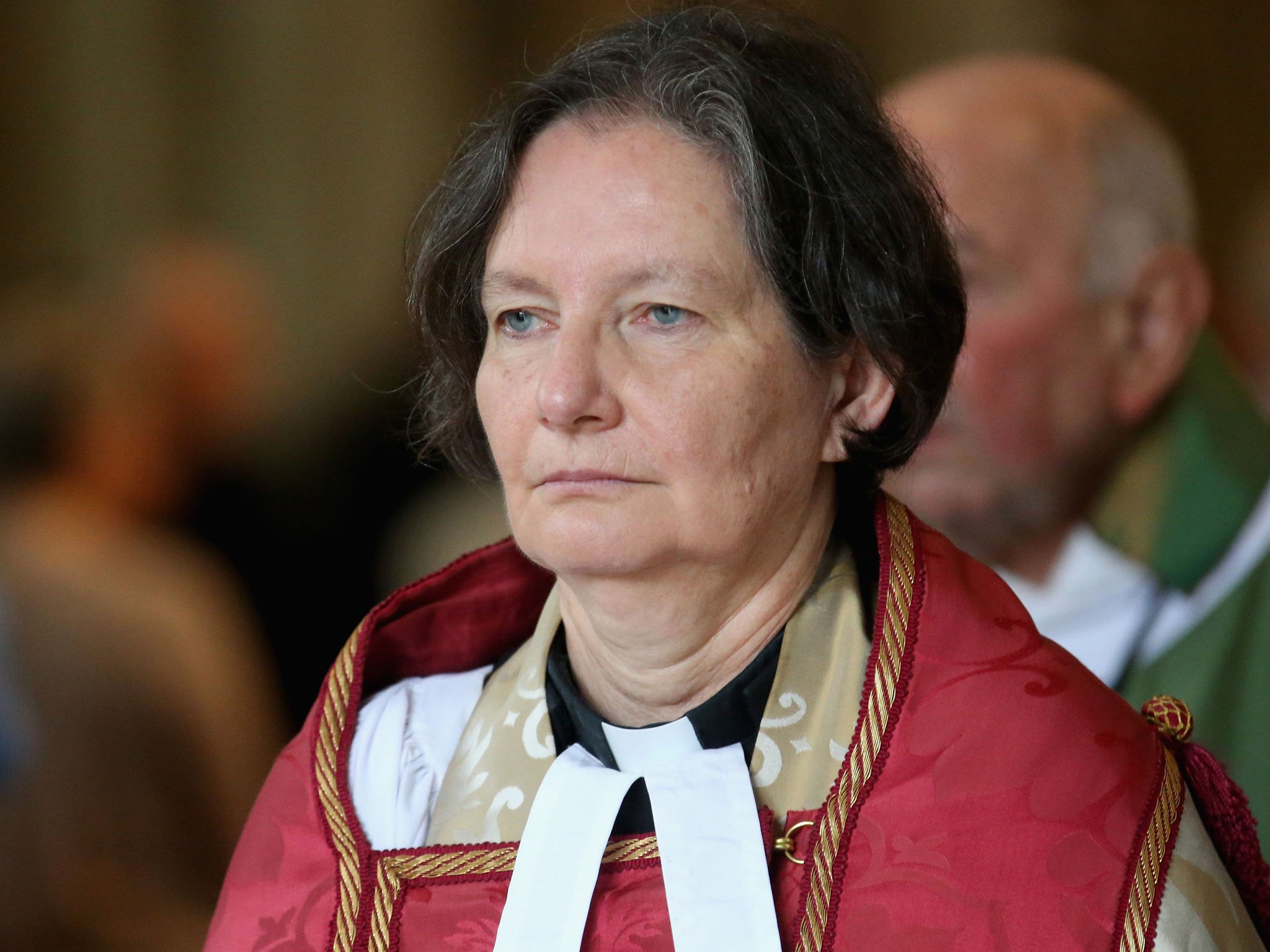
Ms Faull is widely believed to be the favourite to be appointed as first woman bishop in the Church of England.
She studied at the Queen's School Chester and St Hilda's College, Oxford, and was among the first batch of more than 1,000 women ordained in the Church of England.
A former chaplain to Clare College, Cambridge, Ms Faull was the first woman to hold such an appointment at either Oxford or Cambridge universities.
In 2000, she became the first woman appointed to run any English cathedral when she was made provost of Leicester Cathedral.
She was named dean of York Minster in 2012, with a staff of 160 and 600 volunteers to coordinate.
When she started as a priest, Ms Faull said it was not unknown for a woman to be forbidden to take funerals because as she once explained: “The local population took the view that if a woman led the funeral service, how would you know that you were properly dead?”
The Very Rev Dr Jane Hedges, 58, Dean of Norwich
Dr Hedges, former Canon Steward of Westminster Abbey and Archdeacon of Westminster, was installed last month as Dean of Norwich.
At Westminster Abbey, Dr Hedges had responsibility for welcoming the abbey's millions of visitors and pilgrims every year.
She was frequently seen at high-profile services in Westminster Abbey, greeting and accompanying senior members of the Royal Family.
Dr Hedges received widespread coverage when she became the first clergywoman to shake hands with Pope Benedict XVI when he attended a prayer service at Westminster Abbey on his visit to Britain in 2010.
She was brought up in Locks Heath, in Fareham, Hampshire, and left school to work in a bank before taking A-levels at evening classes.
She was among the first group of women to be ordained in 1994.
The Rev Rose Hudson-Wilkin, 52, chaplain to the House of Commons, a chaplain to the Queen and vicar in two inner city parishes in Hackney, east London
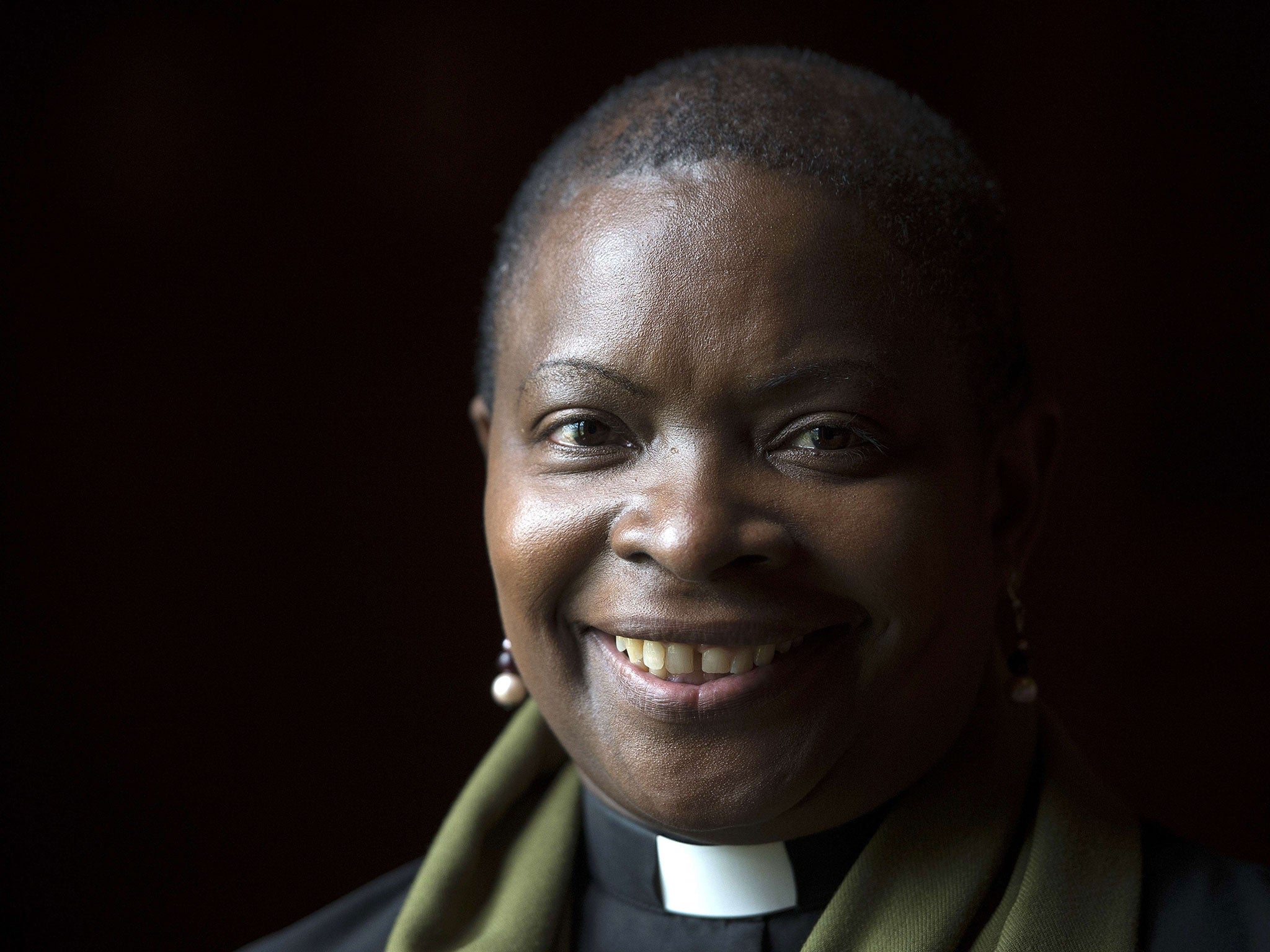
The first black female chaplain to the House of Commons is known for her forthright manner and once reportedly kept a cricket bat next to the door at her east London vicarage for protection against aggressive late night callers.
Ms Hudson-Wilkin was born and brought up in Montego Bay, Jamaica, before settling in the UK in 1985.
She worked in the Midlands before moving to London.
She told The Sunday Telegraph in 2012: “I have no ambition to become a bishop.
”If there are people sitting around, men and women, dying to be bishops, then they must have very sad lives.“
Canon Philippa Boardman, 50, Canon Treasurer of St Paul's Cathedral
Among the first women to be ordained in the Church of England in 1994.
Presided over the national service to mark the 20th anniversary of women's ordination in the Church of England in St Paul's earlier this year with the Archbishop of Canterbury, the Most Rev Justin Welby, acting as her deacon.
Was made an MBE in 2011 for services to heritage in east London, in recognition of her work to renovate and re-open the Church of St Paul in Old Ford, east London.
She told the Guardian that she was wearing something purple - the colour worn by bishops - every day in a protest at the shock defeat of the women bishops legislation at the General Synod in November 2012.
The Very Rev Dr June Osborne, 61, Dean of Salisbury Cathedral
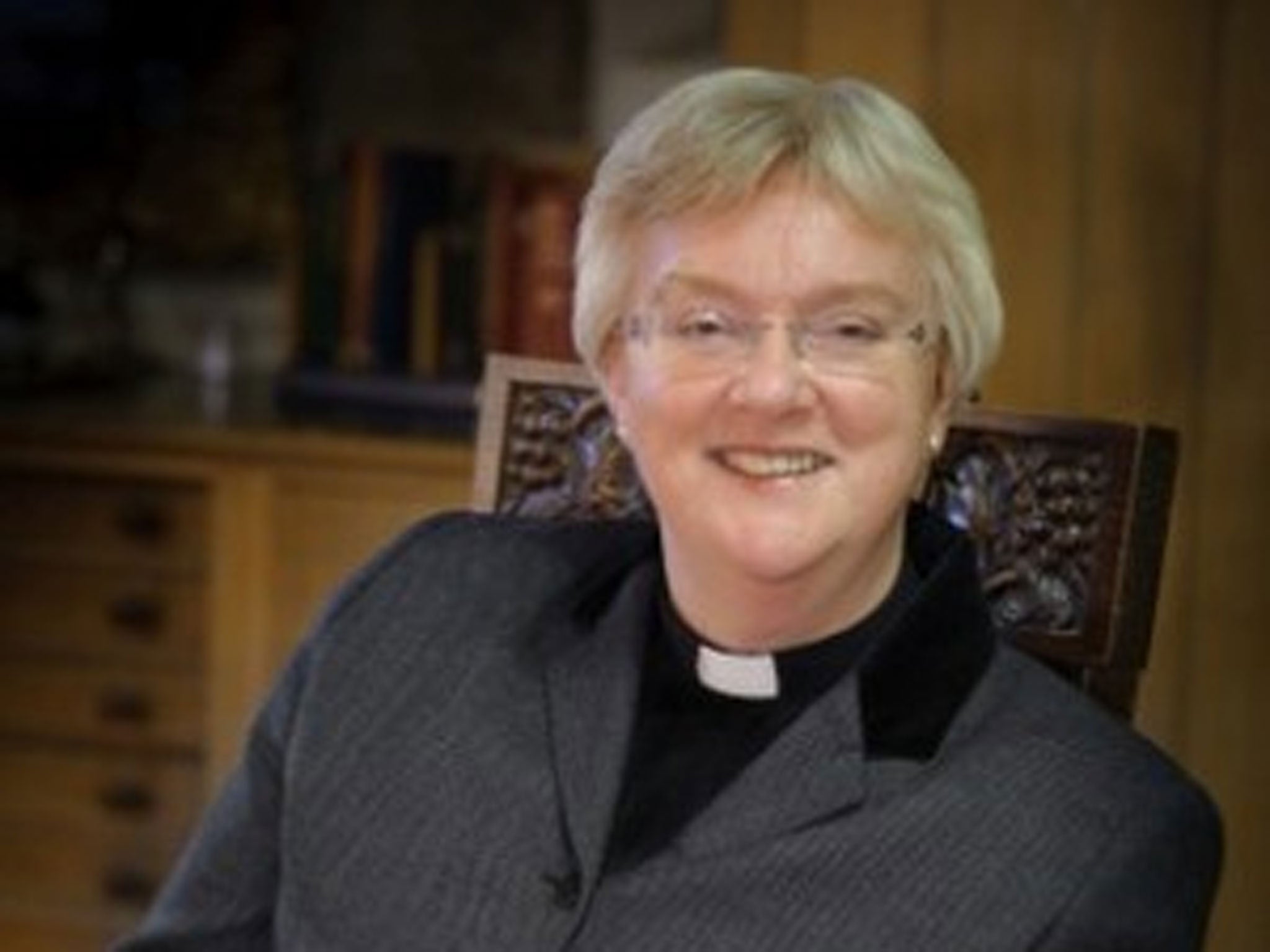
Dr Osborne was the first woman to be made a dean of one of the Church of England's medieval cathedrals when she was appointed at Salisbury Cathedral in 2004.
A graduate in social sciences from Manchester University and married to a QC, Dr Osborne worked as a deacon in the Church of England for 12 years before being ordained in 1994 among the first batch of women priests in the Church of England.
The Rev Lucy Winkett, Rector of James's Piccadilly, central London
A former professional singer, Ms Winkett has degrees in history and theology and has also studied at the Royal College of Music.
She served her curacy in Ilford, east London, before being made canon precentor at St Paul's Cathedral.
She is an author and a regular contributor to BBC Radio 4's Thought For The Day slot.
She was described by the Bishop of London, The Rt Rev Richard Chartres, as ”among the most talented priests in her generation“.
Dr Miranda Threlfall-Holmes, 40, vicar of Belmont and Pittington, Durham
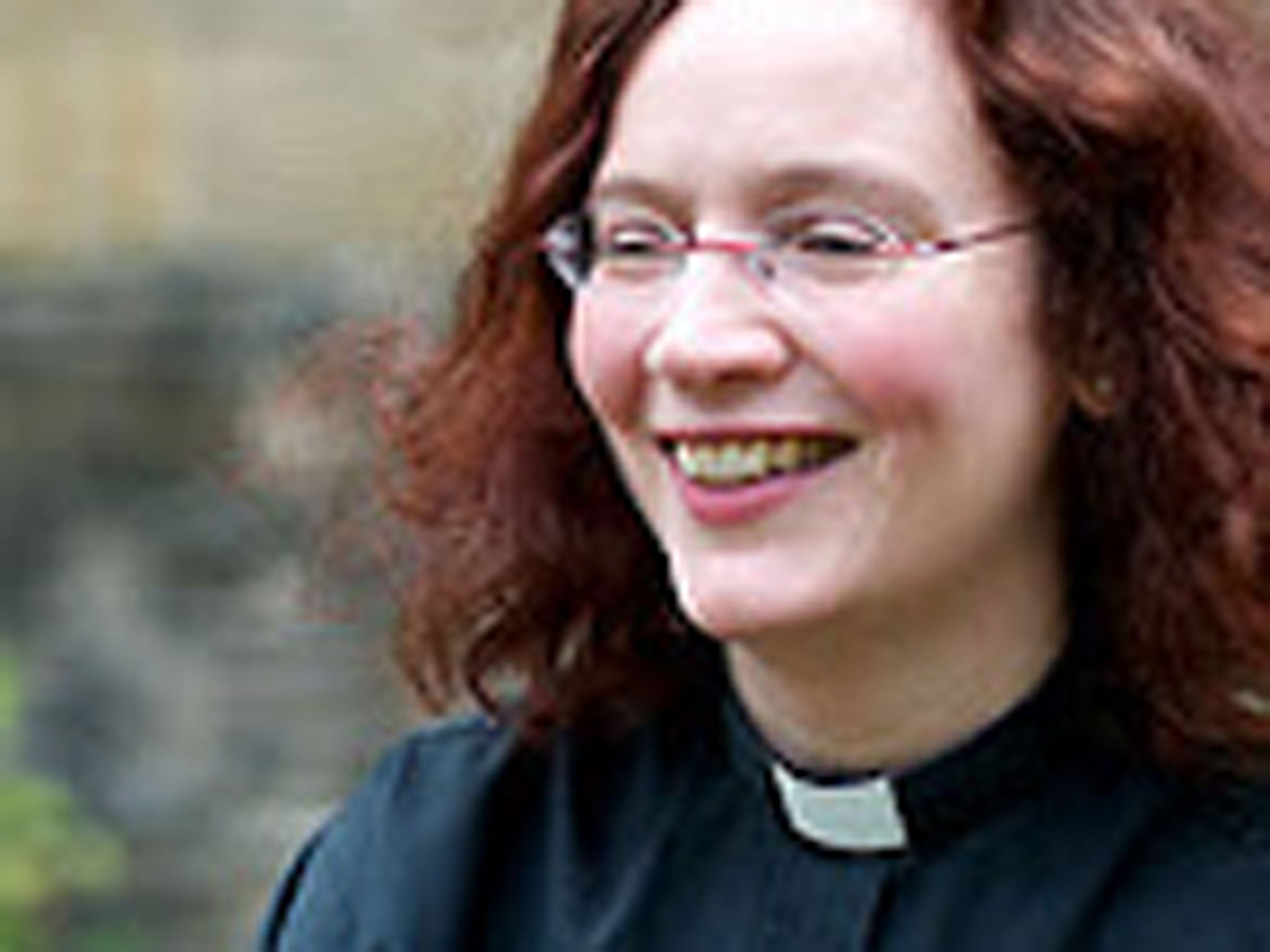
Dr Threlfall Holmes, a historian, is a prominent campaigner for women bishops.
She was a university chaplain and research fellow at University College, Durham, and was interim principal of Durham University's Ustinov College.
An avid user of social media, Dr Threlfall-Holmes compared the Church of England to an abusive husband on her blog in 2012 following controversial last-minute changes to the draft legislation introducing women bishops.
She later withdrew the posting.
She is said to be a former atheist who became a Christian while at Cambridge University.
Join our commenting forum
Join thought-provoking conversations, follow other Independent readers and see their replies
Comments